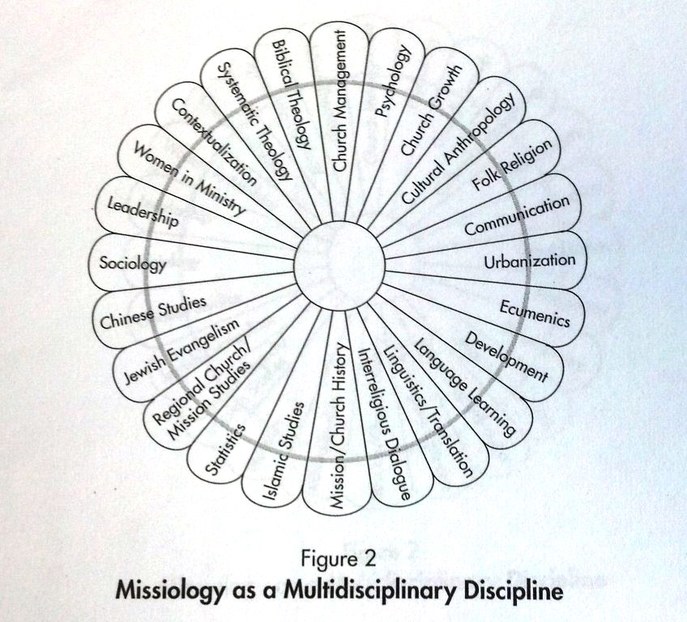|
I sort of fell into teaching intercultural studies (ICS) after being hired to teach Christian education and youth ministry at the undergraduate level. It was not accidental, though. Since my teen years, I've sensed a strong calling to work cross-culturally, and have done so on three continents. This was following a decade in youth and pastoral ministries as well as dabbling in children's ministries as a writer and editor.
So, I have a difficult field to define within the context of a university. In other words, I find myself always thinking and sometimes saying things that are disagreeable, ask questions without an inkling as to a reasonable answer, and have stances in-between traditional dividing lines. I teach Christian education, defined broadly as nurturing up the next generation from within a biblically transformed faith community, through the lens of theological perspectives on ministry, and sometimes through the perspectives of anthropology and social science mixed with missiology. All of these sub-fields are to some extent interdisciplinary, and sometimes at odds with each other philosophically. I have to stay current in a variety of disciplines, continually reading, asking questions, conversing broadly and as deeply as possible, emphasis on "as possible."
Intercultural studies brings out the best in my training, centered on the role of higher education in the West as a form of a transitional rite of passage for youth into responsible adult vocation. At its roots ICS is simply applied anthropology. At its most complex, it's a flywheel of disciplines spinning with the winds of necessity as defined by the context and circumstances. Timothy Tennent, in one of the better textbooks associated with missiology, Invitation to World Missions, includes this diagram that I share with undergraduates in Foundations of Mission, that I believe accurately depicts the field(s) of intercultural studies with almost too much clarity. Imagine this diagram where all the lines are blurred: This is the complexity of intellectual life associated with intercultural studies and its straight-laced cousin, missiology. And, I love it. P.S. Here's how I answered the original question that prompted this post: .CS is usually for those working intentionally across cultural borders with a particular group, groups, or language unlike their own. ICS helps with communicating in a pluralistic environment, studying theology with the context always in mind, and listening to marginalized voices in the process.
0 Comments
|
Bio
teacher, writer, Archives
August 2022
Categories
All
|





 RSS Feed
RSS Feed